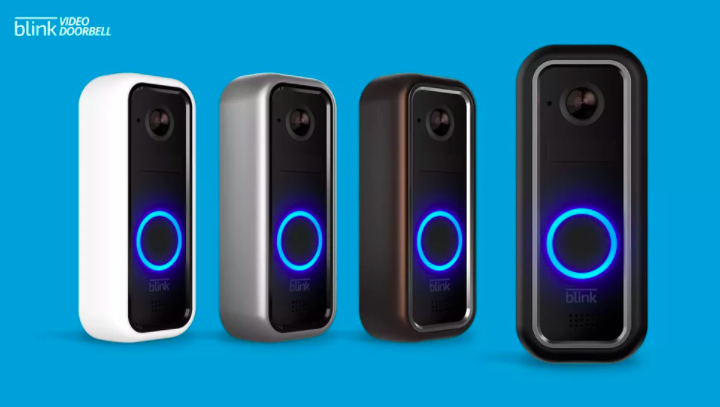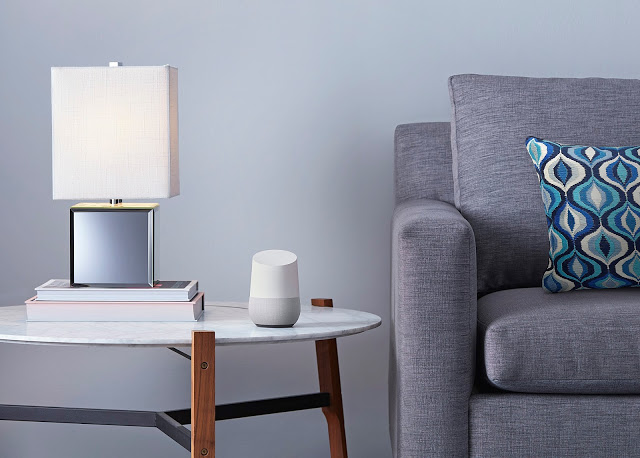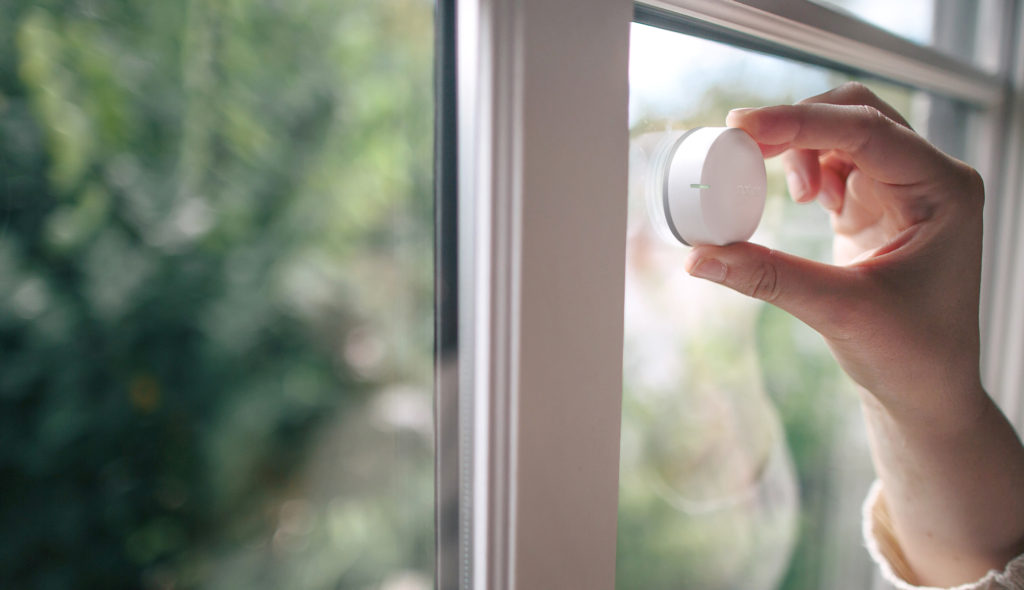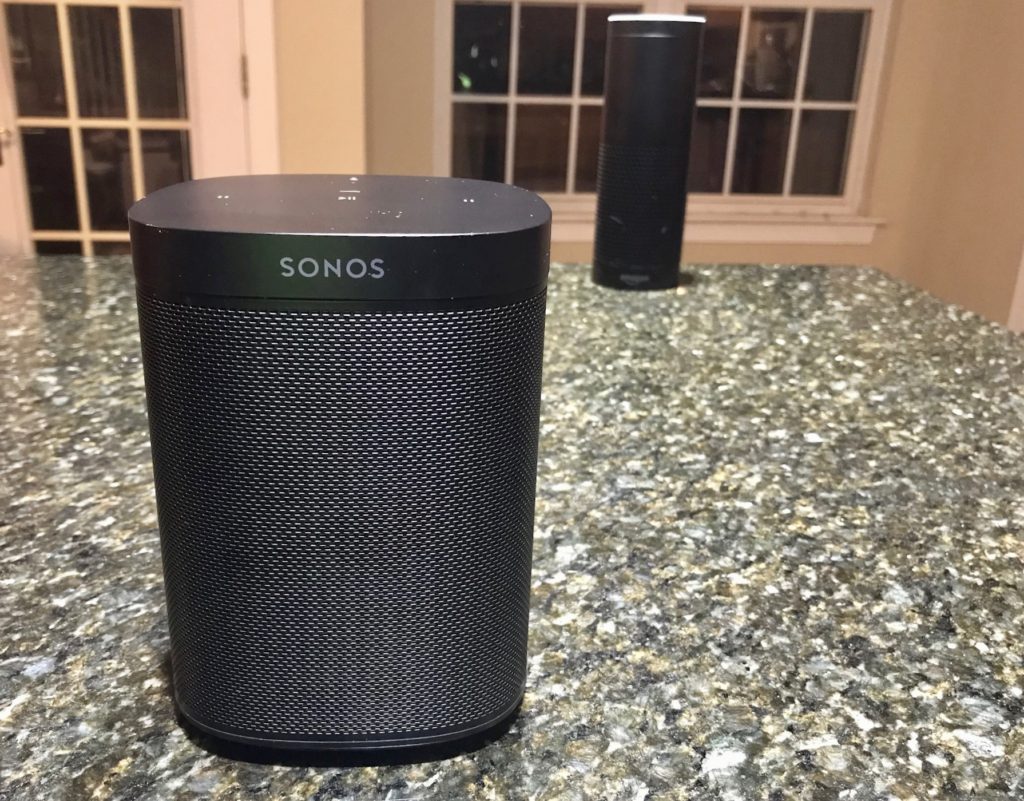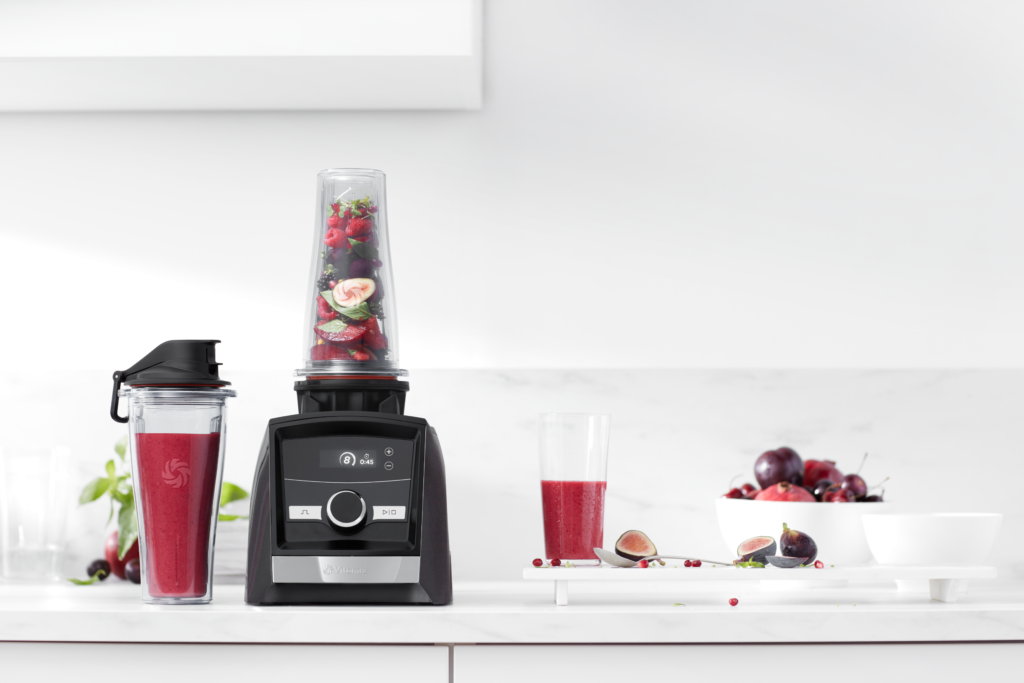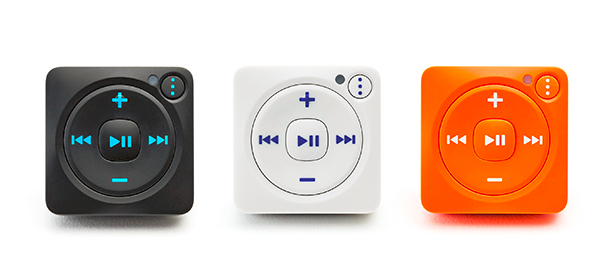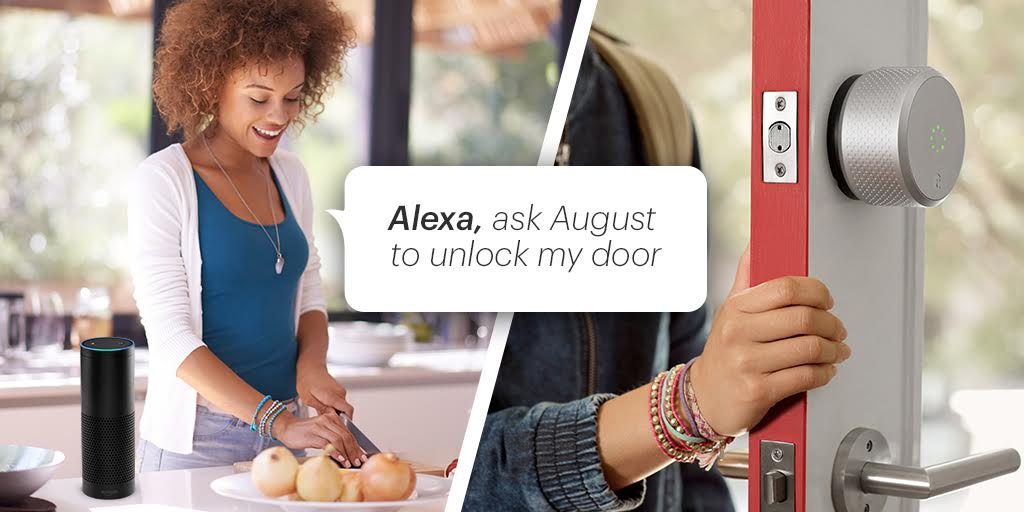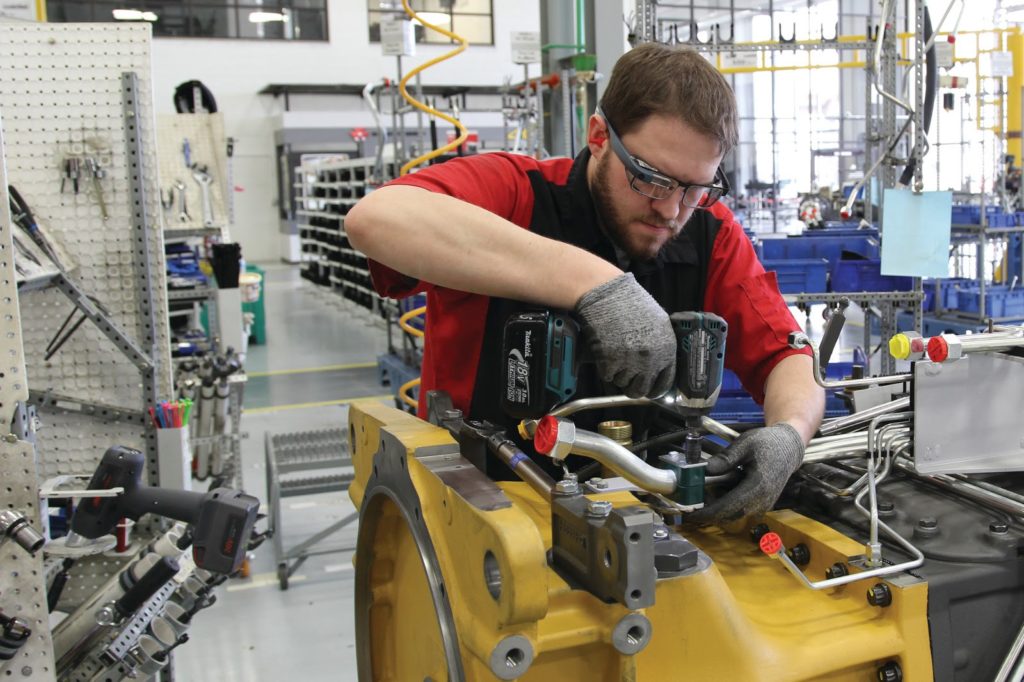This week Kevin and I talked about the death of an expensive smart lock, Amazon buying a security company, and spent a lot of time wondering what the heck is going on with Google’s IoT cloud platform. We also wondered what the ad strategy for voice UIs will be given the news that Amazon is talking to consumer product brands about advertisements. Our news wrap-up includes voice computing from Roku, Arrow buying eInfochips, and the Intel CPU flaw that shouldn’t affect edge devices too much. We also answer a listener question on which smart speaker to buy if you don’t have a smart phone.
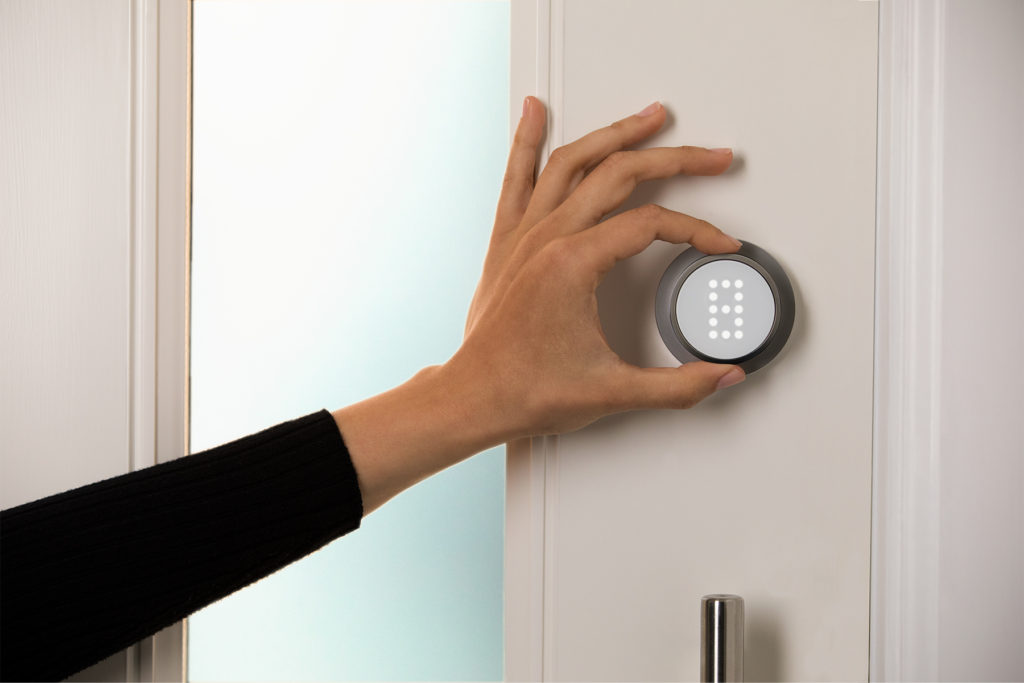
And for those tired of cryptocurrencies, we bring you block-less blockchains for the internet of things from Computes, a new startup. Computes founder, and former IoT Podcast guest Chris Matthieu, discusses why IoT needs decentralized computing and why a new type of blockchain makes the most sense. We dig into Computes, blockchain and more in a somewhat geeky interview. Enjoy the show.
Hosts: Stacey Higginbotham and Kevin Tofel
Guest: Chris Matthieu of Computes
Sponsors: Lux Products and CBT Nuggets
- Why 2018 is the year of cheap smart home tech
- What should a voice ad sound like?
- Arrow goes from distributor to IoT integrator with latest buy
- Why IoT needs decentralized compute
- What the heck is a block-less block chain?
- When it comes to smart speakers sans smartphone ownership, which do you buy?
Podcast: Play in new window | Download | Embed
Subscribe: RSS

